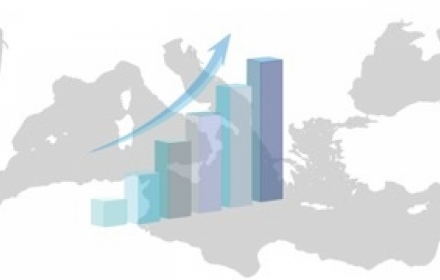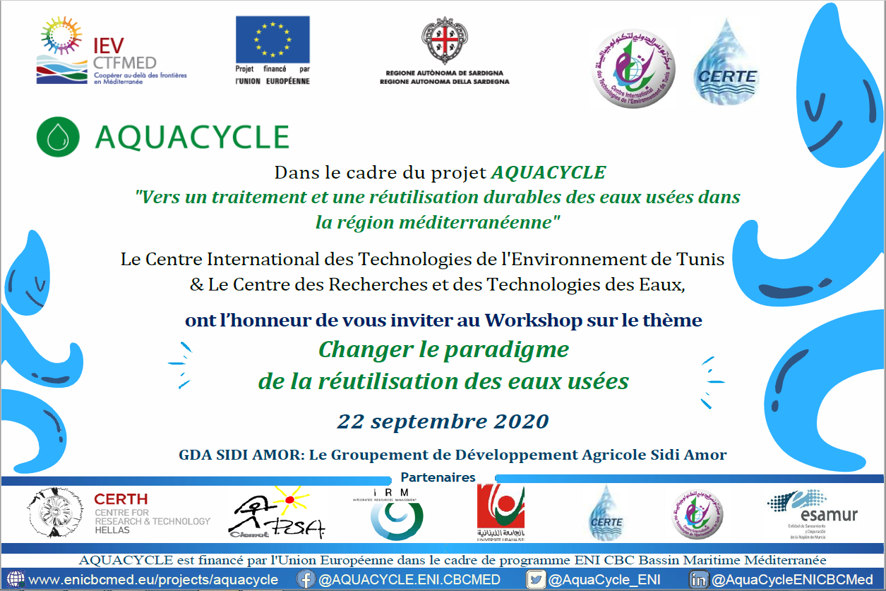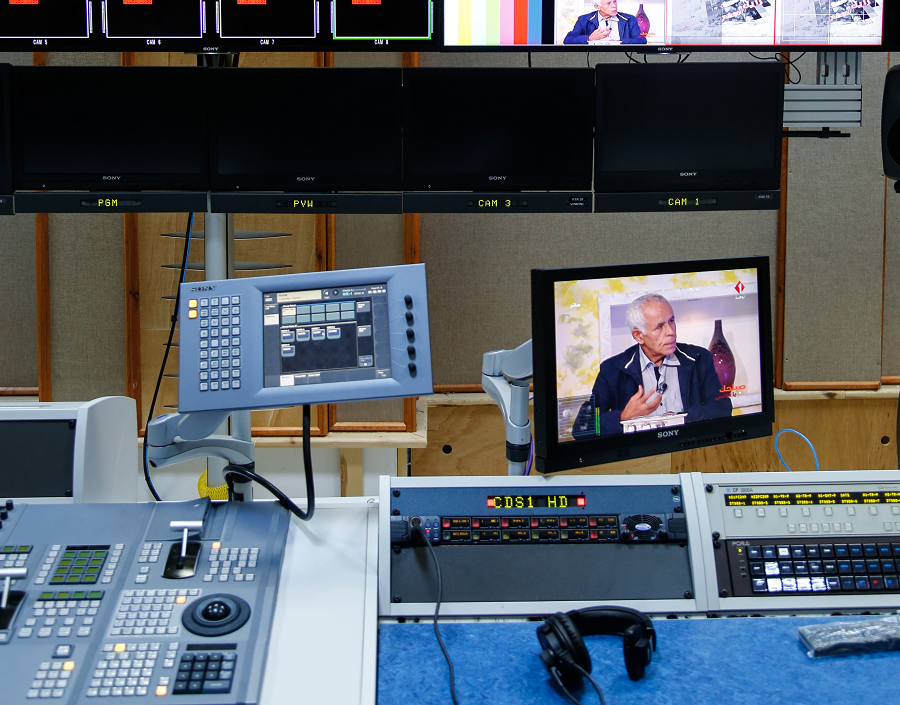Trade statistics in focus in latest MEDSTAT workshop in Tunis

The EU-funded MEDSTAT project is holding a workshop in Tunis on the theme of ‘Asymmetries in External Trade Statistics’. The three-day workshop – from 9-11 January – brings together representatives from Tunisia, Morocco and Algeria, and is facilitated by two experts who have an extensive knowledge of trade statistics in the southern Mediterranean partner countries, one for trade in merchandises, and one for trade in services.
One of the specificities in external trade statistics is that you always have two measures of the same flow: an import by country A from country B is also an export from country B to country A. In a perfect world, the two measures should be the same, but this is rarely the case. This may be due to differences in valuation of the flows between the two countries, to the cost of certain services attached to the flow such as insurance, or simply to a different interpretation and translation of the international rules and classifications. But whatever is the cause of the gap (the so-called ‘asymmetries’), understanding its magnitude and its origin is key to the improvement of external trade statistics.
Mirror exercises have been a topic covered in the past by the MEDSTAT project and the partner countries now have a better grip on what create asymmetries in regional trade and in trade with the EU. However, it is important to regularly check the gaps, particularly as the international standards have recently evolved. In addition, the current workshop is opening the ground for mirror exercises on trade in services, something that has not been done before.
In preparation for the workshop, the Tunisian, Moroccan and Algeria representatives were required to prepare data files regarding their imports by country of origin and their exports by country of destination, especially with the EU and for trade among the southern partner countries themselves. The workshop is thus building on real data, allowing an immediate internalisation of the results of the mirror exercises.
The MEDSTAT IV project provides expertise and technical support to promote the harmonisation of statistics in line with EU and international standards in 6 domains: business register and business, trade and balance of payments, energy, labour market, migration and transport. It follows on the previous phase implemented over the period 2010-2013.
Read more




























 Syria
Syria 





